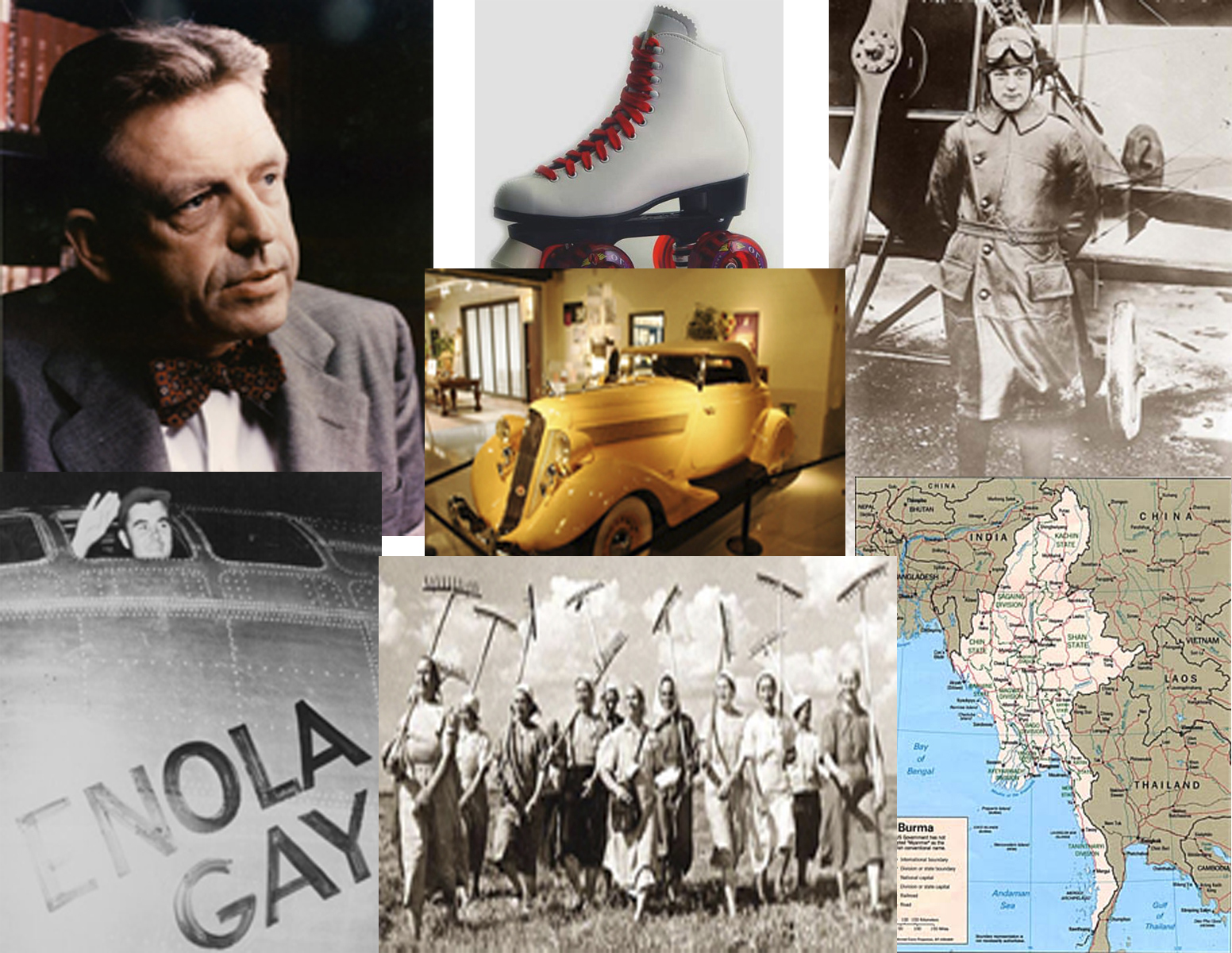81. History: Pike County, Indiana, 1976 1 Interview
Indiana University Center for Documentary Research and Practice
This project is about the history of Pike County, Indiana. The interviewee discusses migrations, customs in a coal town, community rivalry between the poor and rich, racism, the Ku Klux Klan, and family history.

